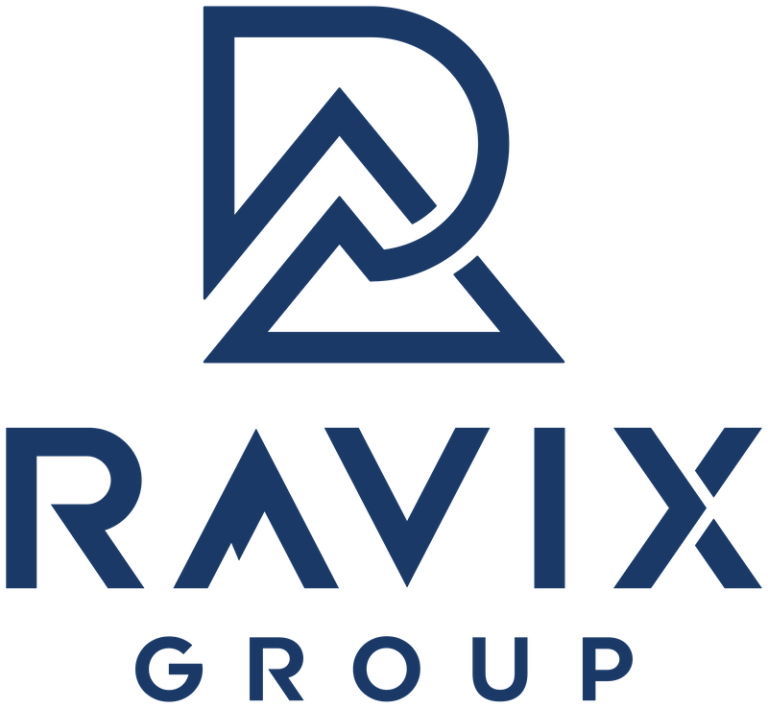Early in my career, I was lucky enough to experience the rise of the PC in Silicon Valley. I worked for a company called Optimal Communications, a phone company being launched with the likes of The Macintosh. At the time, Kleiner Perkins and IVP had invested, eager to join the PC race. On the finance team, I saw the bank account dwindle firsthand, and panic set in as I realized we weren’t making payroll.
Enter Burt McMurtry, VC legend, Stanford board member, and genuinely good man. He walked in the door and told us that he would make sure our doors stayed open, and he was transferring our payroll for the next two months to get us through. He also told us there hasn’t been a startup to which he hasn’t had to extend this loan. It’s par for the course when you start a company, a lesson I learned firsthand.
The good news? We lived to see another day, year, and decade and ended up with an IPO – another interesting story for another day.
As a Chief Restructuring Officer, I’ve seen startups showing profitability on paper yet grappling with empty bank accounts. This scenario often stems from delayed receivables, hefty operational expenses, initial capital investments, or aggressive scaling. These factors can deplete cash reserves, creating a stark contrast between profitability and actual cash flow.
One of the issues I’ve experienced throughout my career with many startups is that most founders are excellent builders, but when it comes to tightening and managing, it takes a different personality to balance the vision of the founder. The founder’s vision is still one of the greatest assets; however, it’s time for the vision to narrow, focus, and make some adjustments in order to survive.
Communicating with Investors
A lot of startups decide to hide their zone of insolvency from their investors. Remember my story at the beginning? If Burt hadn’t been privy to our financial situation, the conversation would have been very different. Transparency with investors is key. Keep them informed about your financial status. They can provide not only funding but also strategic advice and networking opportunities. They’re not just financiers; they’re partners in your journey and may know the next investor and can help bridge the gap while you’re securing the next round.
The Art of Managing Receivables
Your receivables are your quickest cash source. Accelerate collections by incentivizing early payments, tightening credit terms, and being assertive in follow-ups. Efficient receivable management directly impacts your liquidity.
Inventory Efficiency
For startups with inventory, optimizing this aspect is crucial. Implement lean inventory methods to reduce excess stock, balancing this with meeting customer demands. Efficient inventory management not only bolsters business cash flow but also operational effectiveness.
Supplier Negotiations
Negotiating longer payment terms with suppliers can significantly ease cash flow pressures. This strategy delays outflows, affording greater flexibility in cash management.
Cost Rationalization
Critically review and categorize all expenses into A, B, and C groups. ‘A’ should be your indispensable go-to-market tools and personnel, while B and C cover less critical expenses. Slash or minimize B and C expenses to preserve cash.
Exploring Financing Options
Consider short-term financing like lines of credit or invoice factoring. These can offer interim relief but require careful consideration due to associated costs and implications. In many situations, payment plans are your best friend.
Leveraging Assets
Assess your assets for potential liquidation without derailing long-term goals. Selling non-critical assets can provide quick cash influx. Utilizing a firm like Ravix Group can help liquidate non-critical assets in a flash.
The Role of a CRO
In financial distress, a Chief Restructuring Officer’s expertise in strategic recovery is invaluable. A CRO offers insights and methods for navigating tough financial situations effectively, including accurate business startup cash flow forecasting and comprehensive restructuring strategies.
Fostering a Culture of Financial Awareness
Promote a culture where every team member understands the value of cash flow. Encourage ideas and practices from your team that contribute to better financial management.
Embracing Change and Adaptability
Be prepared to pivot your business model if necessary. Sometimes, the best way to improve cash flow is to realign your offerings with market demand.
Facing a cash crunch despite being profitable is a common paradox in the startup world. If you’re struggling with this issue, remember, it’s not just about cutting costs; it’s about smart financial management and strategic planning. At Ravix Group, we specialize in helping startups like yours navigate these challenges through accurate business cash flow analysis and forecasting. Reach out for a consultation with our experienced CROs, and let’s work together to transform your cash flow situation.



